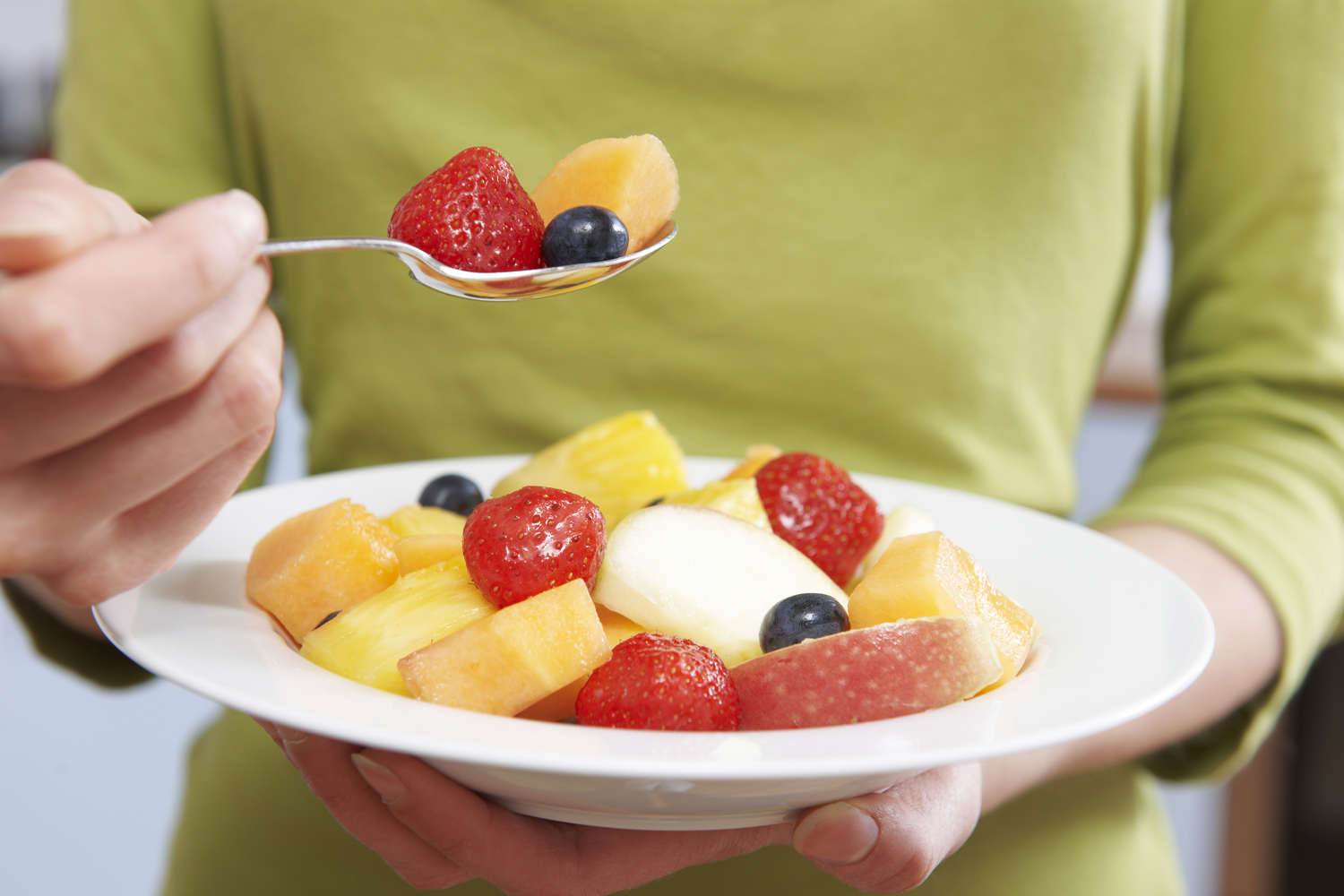
Dietary Tips That Can Ease IBS Symptoms
Making changes to one’s diet when one is suffering from IBS mainly depends on the type of IBS one is suffering from. There are certain types of foods that one should stay away from when one is suffering from constipation and the same should be followed in the case of diarrhea. In the following, some simple and effective dietary tips for IBS have been mentioned that can help make a big difference:
1. Hydrate
Drinking water is extremely important, and when one is suffering from IBS, it can make one feel better. One should drink plenty of water throughout the day to ensure that they do not feel dehydrated. This tip helps with any type of IBS.
2. Time meals
One should never skip meals under any circumstances because this can lead to the symptoms worsening. Instead, one can opt to have smaller meals throughout the day. This is one of the top IBS dietary tips backed by doctors.
3. Eat slowly
One should ensure that one is not eating their food too quickly as this will delay the digestion process. Instead, take smaller bites and chew the food well when eating. This will help aid with faster digestion and help ease the symptoms of IBS.
4. Avoid processed foods
One should also avoid processed foods because these usually slow down the digestion process. These will only worsen the symptoms of IBS. One should avoid oily and fatty foods as much as possible to be on the safe side. This is one of the IBS dietary tips that can be extremely beneficial. Certain foods can be difficult to digest. For example, broccoli and Brussels sprouts are difficult to digest. One should avoid these foods to ensure these do not trigger any IBS symptoms. Instead, choose the foods that can be easily digested.
5. Prepare meals at home
One of the effective IBS dietary tips is to cook one’s meals at home. It can be tempting to just order meals but cooking the food with proper ingredients will help ease the symptoms of IBS. One will know exactly what is being added to the meal and this will help keep IBS symptoms at bay.
6. Moderate caffeine
One should avoid having too much caffeine as this can trigger the symptoms of IBS and make them worse. One should avoid consuming alcohol as well.
7. Minimize sweeteners and lactose
There are way too many artificial sweeteners available and these can trigger the symptoms of IBS. This is why one of the IBS dietary tips is to lower the use of these sweeteners and, if possible, then avoid them altogether. One should also avoid or minimize the foods that are high in lactose. One can opt for foods that are low in lactose such as yogurt and hard cheese. One can even try dairy-free products as these can help. However, it is important to ensure that one does not choose flavored dairy-free foods and drinks.
It is recommended that one maintains a record of the foods consumed and the symptoms experienced. This will help in eliminating any triggers elements. One can also consult their dietician for the appropriate IBS diet.



